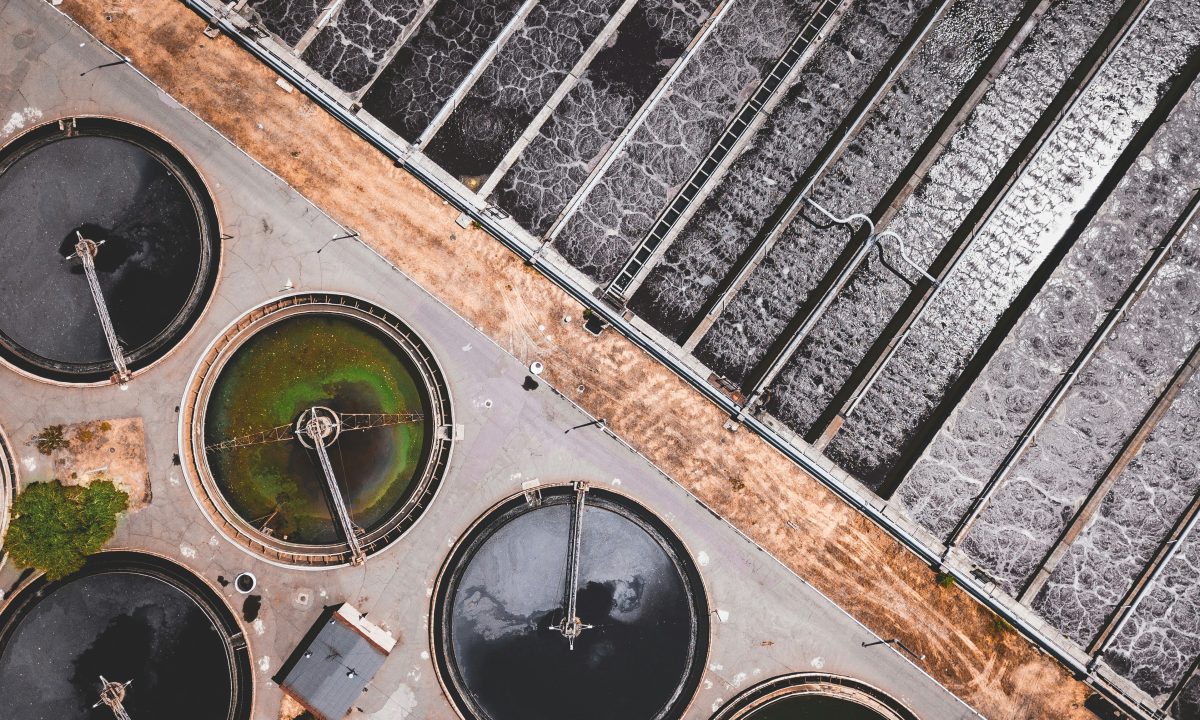Blog

How Will Future Wastewater Treatment Tackle Key Challenges?
As global populations rise and environmental concerns grow, wastewater treatment plant is becoming necessity. The future of wastewater treatment is poised to evolve with new technologies, stricter regulations, and a heightened focus on sustainability.
In this blog, we’ll explore the emerging trends and challenges facing the wastewater treatment plant and what they mean for the future.
Emerging Trends in Wastewater Treatment plant
Smart Water Management:
IoT and Automation: The integration of Internet of Things (IoT) devices and automation is transforming wastewater treatment plant into “smart” facilities. Sensors and real-time data analytics allow for more precise monitoring and control of the treatment process, leading to greater efficiency and reduced operational costs.
Predictive Maintenance: By using predictive analytics, plants can anticipate equipment failures before they happen, reducing downtime and extending the life of critical components.
Decentralized Treatment Solutions:
Localized Treatment Systems: Instead of relying solely on large, centralized plants, the industry is moving towards decentralized systems that treat wastewater closer to the source. These systems are particularly beneficial in rural or rapidly growing urban areas, where infrastructure may be lacking.
Modular Plants: Modular wastewater treatment plant offer flexibility and scalability, allowing for quick deployment and expansion as needed.
Resource Recovery:
Water Reclamation: Treated wastewater is increasingly being reclaimed for non-potable uses such as agricultural irrigation, industrial processes, and landscape irrigation. In some cases, advanced treatment processes make it possible to reuse water for drinking purposes.
Energy Generation: Technologies like anaerobic digestion not only treat wastewater but also produce biogas, which can be used to generate electricity and heat. This contributes to the goal of making wasterwater treatment plant energy-neutral or even energy-positive.
Nutrient Recovery and Circular Economy:
Phosphorus and Nitrogen Recovery: These essential nutrients can be extracted from wastewater and repurposed as fertilizers, helping to close the nutrient loop and reduce the environmental impact of agriculture.
Circular Economy Models: Wastewater treatment plants are beginning to operate within a circular economy framework, where waste is seen as a resource. This approach minimizes waste, maximizes resource recovery, and supports sustainable development goals.
Challenges Facing the Industry
Aging Infrastructure:
Investment Needs: Many existing wastewater treatment plants are aging and in need of significant upgrades or replacements. The cost of these improvements is substantial, and securing funding can be a major challenge.
Capacity Issues: As populations grow, existing infrastructure may struggle to handle the increased volume of wastewater, leading to potential overflows and environmental contamination.
Regulatory Pressure:
Stricter Standards: Governments around the world are implementing more stringent regulations to protect water quality and public health. These regulations require huge investments in these technologies and processes to implement.
Emerging Contaminants: The presence of pharmaceuticals, microplastics, and other emerging contaminants in wastewater is a growing concern. Developing effective methods to remove these pollutants presents a significant challenge for the industry.
Climate Change:
Impact on Water Resources: Climate change is altering precipitation patterns, leading to more frequent and severe droughts and floods. This has a direct impact on the availability and quality of water resources. Making efficient wastewater treatment more critical than ever.
Energy Consumption: Wastewater treatment plants are energy-intensive operations. Reducing their carbon footprint and increasing energy efficiency are essential to mitigate the impact of climate change.
Public Perception and Acceptance:
Water Reuse Concerns: While water reclamation is a growing trend, public acceptance of treated wastewater for potable use remains a challenge. Educating communities about the safety and benefits of water reuse is crucial for the success of these initiatives.
Sustainability Practices: As the industry moves towards more sustainable practices. It must also address public concerns about the environmental and health impacts of wastewater treatment processes.
Conclusion
The future of wastewater treatment is marked by both exciting innovations and significant challenges. As the industry adapts to new technologies, regulatory demands, and environmental pressures. It must also navigate the complexities of public perception and aging infrastructure. By embracing smart water management, decentralized solutions, and resource recovery. Wastewater treatment plants can play a pivotal role in achieving a more sustainable and resilient future.




